Civil Engineering Lab Equipment List For Colleges
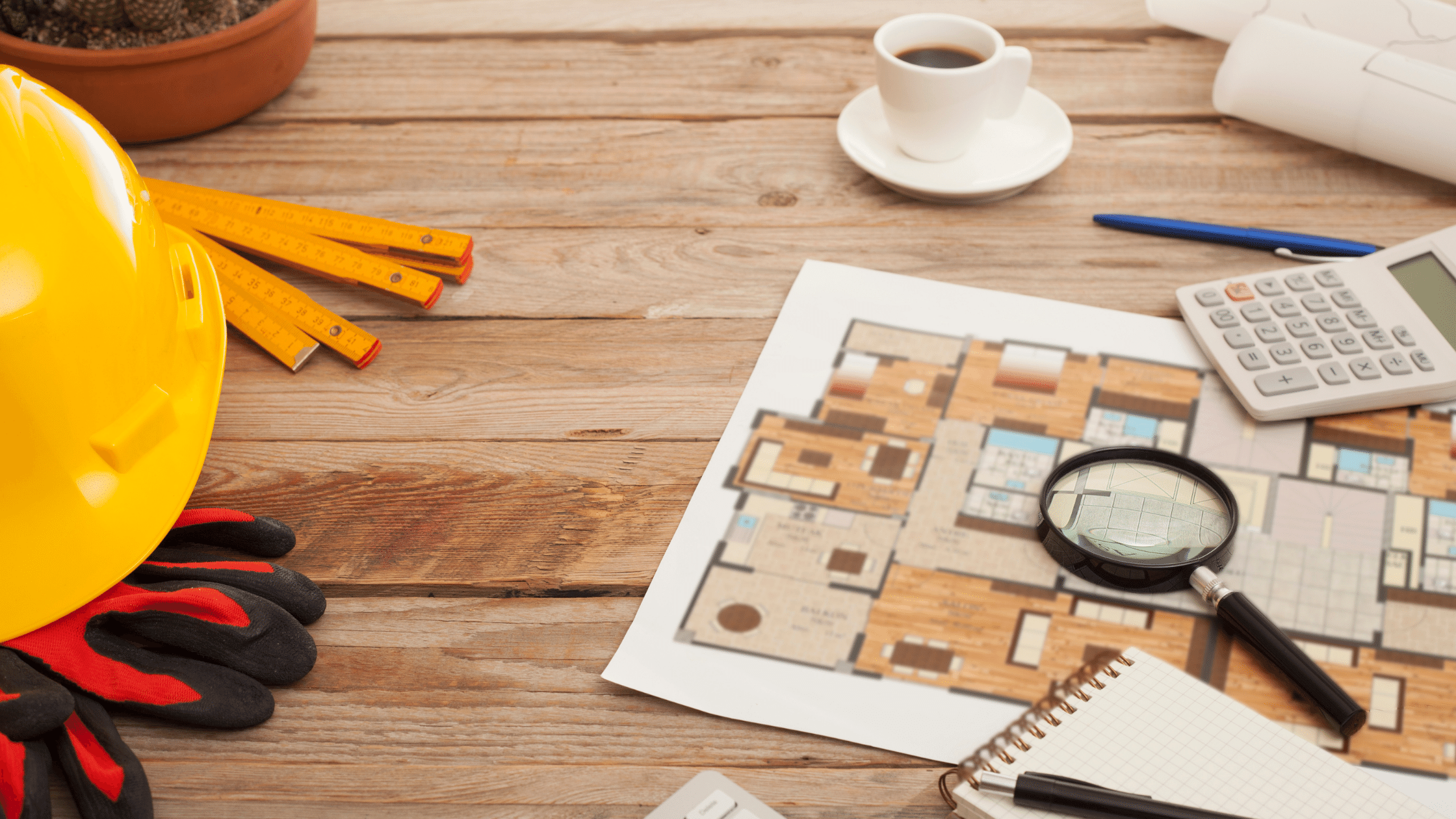
“Scientists fantasize about accomplishing great things. Engineers are the ones who do it.”
The civil engineering lab equipment manufacturing sector is rapidly expanding in today’s world. A growing desire for practical education demands stunning constructions. The rise of health, education, and increasing civil engineering lab requirements for colleges and research firms are driving the market for civil engineering lab equipment suppliers.
When it comes to the civil engineering lab, it is the place where we play with structures and maps, where we plan to turn a blueprint into reality. All of this is not possible to achieve without high-quality tools. We need high-quality tools to understand the world of civil engineering better. What is a list of the most important civil engineering lab equipment manufacturers for college? This is what this blog will cover in detail. But first, let’s clear some basic rules.
What is Civil Engineering?
Civil Engineering is an engineering major that deals with designing, developing, and maintaining naturally occurring or artificial creations like roads, bridges, pipelines, dams, trains, buildings, airports, etc.
Traditionally, civil engineering has been divided into many sub-disciplines. It is defined to distinguish non-military engineering from military engineering, and it is the second-oldest engineering subject after military engineering.
Why is Civil Engineering Important?
Without civil engineers, there would be no modern society. Civil engineers are needed to construct roads, airports, train stations, and other kinds of transportation. Professional civil engineering skills are also required to develop our services, which include water, electricity, telephone, and internet.
Civil engineers are among our civilization’s most influential engineers. Almost every aspect of life, from shopping to showering, relies on a building project that would not be possible to complete without civil engineer. However, it all begins with education. To build extraordinary structures, you must go thoroughly into the practical concept. Best practices result in even better results. As a result, civil engineering lab requirements for colleges should always be considered and equipment should be error-free and of exceptional quality. Now let’s of the most important civil engineering lab equipment list for colleges and universities.
Fundamental Equipment Used in Civil Engineering:
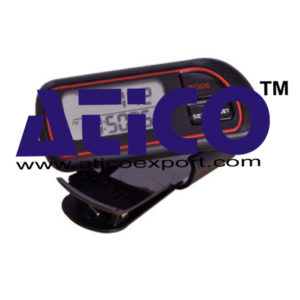
Pedometer: It is a device that automatically measures distance. It can be adjusted to the pace of the person who is holding it. The main distinction between a pedometer and a pedometer is that a pedometer counts the number of paces while a pedometer records distance.
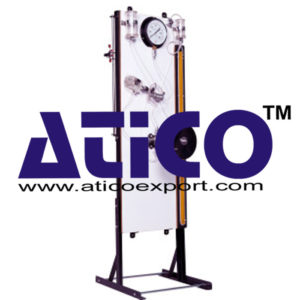
Bishop pore pressure apparatus: This device is classified as soil testing equipment. The pore water and pore air pressures in soils are measured with this equipment.
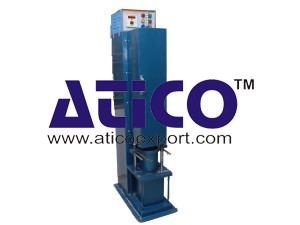
Automatic marshal compactor: It’s used to check the quality of bitumen. It’s a motorized mechanical compactor for compacting into molds with a diameter of 100 mm. It includes a 98.5mm diameter compaction rammer that weighs 4.535 kg and has a free fall of 457 mm.
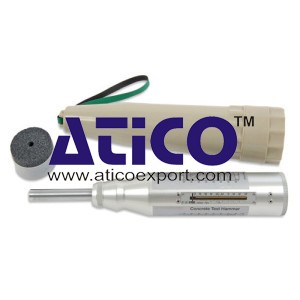
Concrete test hammer: It’s testing equipment for aggregates. It consists of a barrel that houses a hammer mass coupled to an impact spring that slides on a guide bar. A plunger is linked to the guide bar and pressed against the surface to be studied.
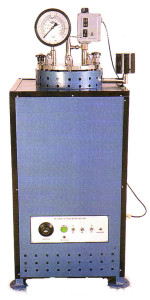
Cement autoclave: It’s used to check the soundness of cement at a constant temperature and comparable stream pressure. It comprises a stainless steel cylinder with an insulated lid supported by a sturdy frame and housed in a heat-resistant metal housing.
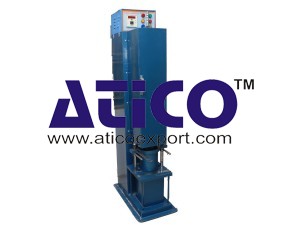
Levelling staff: The height difference between two places is measured with this civil engineering lab equipment. The levelling staff is also known as the staff rod, levelling rod, and self-reading staff since the instrument man can gather the staff readings directly from the levelling instrument.
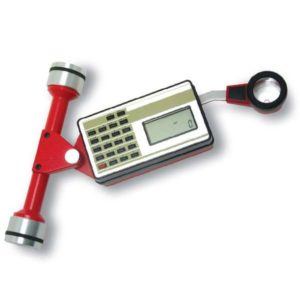
Digital Planimeter: It’s a tool that’s used to measure the areas of maps, planes, and other flat surfaces. A mechanical integrator is a machine that has a tracing point that measures the perimeter of the needed surfaces twice. The reading is numerical and shown in digital format on a bit of monitor.
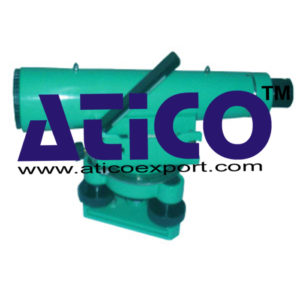
Dumpy level: There will be no civil engineering lab equipment list for colleges without this tool. It’s an optical gadget that’s used for leveling and surveying. It consists of a telescopic tube held in place by two collars and adjustable screws. The vertical spindle is in charge of the whole instrument.
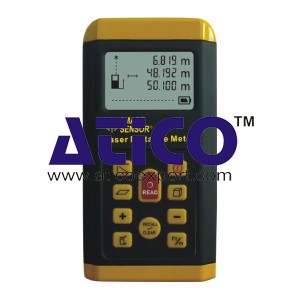
Laser distance meter: The distance is measured with high precision using a laser distance meter. A laser distance meter calculates the time it takes for a pulse of laser light to be reflected off a target and returned to the sender. The method is known as “time of flight” or “pulse” measurement, and the theory is known as “time of flight.”
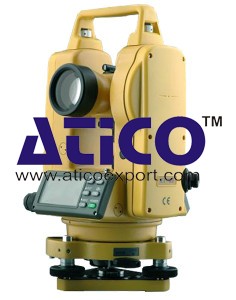
Digital theodolite: A theodolite is a precision measuring tool that is used to determine horizontal and vertical angles. Both their horizontal and vertical axes can be rotated using theodolites. Transits and theodolites have a lot in common.
That was everything to know about the essential civil engineering lab equipment list for colleges. It’s now time to review the list of civil engineering lab tests.
List of Civil Engineering Lab Tests:
Tests on Brick
- Water absorption test: This test is used to determine the amount of water absorbed by a brick. It is of good grade if it absorbs less than 20% of the water. This test is carried out by soaking the brick in water for a day and determining the ratio between the dry and saturated weights of the brick.
- Soundness test: When slammed with another brick, a good quality brick produces a metallic sound. This was discovered by the soundness test.
- Compression test: This test determines the brick’s compressive strength. The brick’s crushing strength should be greater than 3.5 N/Sqmm.
- Shape and size test: Visuals are used in this test. The size and shape of the test are being evaluated in it. The edges of a brick should be crisp. Unevenly shaped bricks can change the wall’s required width.
Tests on Bitumen
- Penetration test: This test determines the quality of bitumen based on softness, hardness, and consistency.
- Ductility test: The ductility test is used to assess the elongation length of bitumen at a specific temperature.
- Stripping value test: The stripping value test is used to determine whether water molecules are present in the adhesion between aggregates and bitumen.
Tests on Steel
- Compression test: It is the test for compressive strength of steel rods.
- Torsion test: The steel’s strength is measured in this test by twisting it against torsional forces on both ends.
- Brinell hardness test: This test is all about the hardness of the steel.
Tests on Soil
- Plastic limit test: This test determines the amount of moisture required for the soil to act like plastic.
- Sand replenishment test: The soil density is assessed on the field in this test to ensure that the soil is thoroughly compacted.
- Liquid limit test: This test is used to determine the soil’s softness and stiffness.
Tests on Coarse Aggregate
- Impact value test: This is a test that determines the collective resistance to a rapid shock.
- Abrasion test: This is performed to determine the aggregate material’s toughness.
- Aggregate crushing value test: Aggregate crushing value refers to the aggregate’s resistance to a gradually applied compression load. The aggregate crushing value test is used to assess a material’s relative resistance.
Tests on Cement
- Cement consistency test: The purpose of this test is to determine the least amount of water required for cement. The amount of water necessary to trigger a chemical reaction between cement and water is referred to as cement consistency.
- Fineness test: Cement particle size is the focus of the fineness test. The ratio of coarse particles to fine particles is used to calculate it.
- Compressive strength test: After 28 days of setting, the cement’s compressive strength is assessed.
Tests on Fine Aggregate
- Sand bulkage test: This test can be used to determine the volumetric change in the sand after it is soaked.
- Sand density: The density of sand per cubic meter is determined here.
- Silt content test: This test determines the amount of silt and other marine contaminants present in the sand. Concrete’s strength can be affected by the presence of various pollutants.
The list of civil engineering lab tests ended there and that was it for the civil engineering lab requirement for colleges. If you’re looking for civil engineering laboratory tools from a recognized Civil engineering lab equipment manufacturer, you’ve come to the correct place. ATICO Export is the best and most dependable producer and exporter of civil engineering lab equipment. It is one of India’s leading suppliers of civil engineering lab equipment.
ATICO Export: In 1954, ATICO Export was founded. It has a solid reputation in the market due to its more than 65 years of experience. This ISO-certified company designs and manufactures lab equipment for educational, scientific, technical, and engineering uses all over the world, making it the top civil engineering laboratory equipment exporter. The company’s core values have contributed to the growth of a devoted consumer base. They have set a high bar for themselves when it comes to providing precise and high-quality equipment to their consumers. They are considered as the best civil engineering lab equipment supplier in India.
For the details you can connect with us via chat, email “ sales@aticoexport.com ” and customer support phone number “+91-1714004736”
